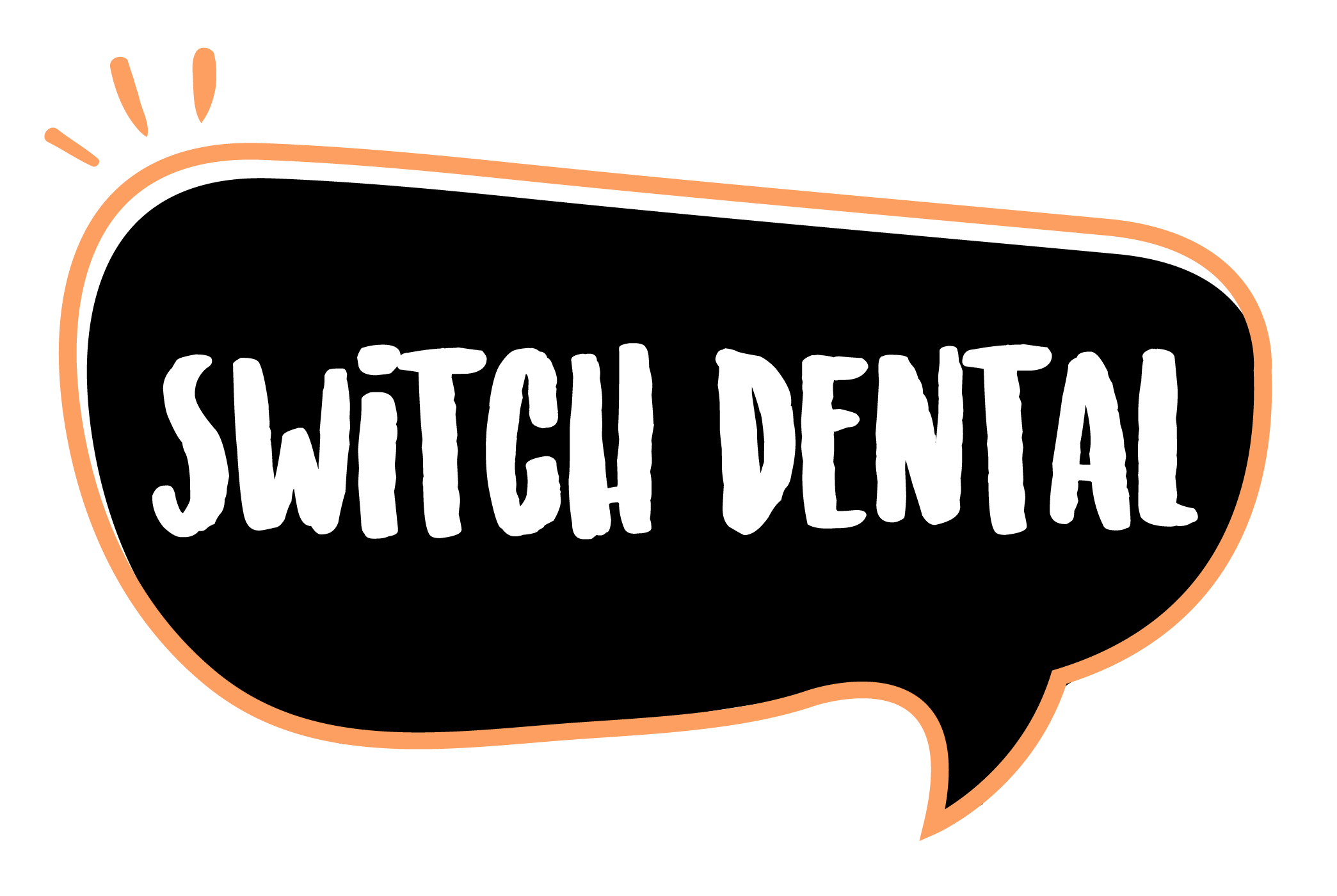
It’s no lie that with age comes wisdom, but this time we’re talking more about your teeth than your good judgement. Rest assured, we will be best decision you make when those back molars make their appearance.
If you feel those teeth popping up through the gums at the back, call in to Switch Dental for a consultation. Most of the time, wisdom teeth erupt through when you’re between 17 and 25. Although these wisdom teeth were a wonder for our plant chewing ancestors, they’re much less useful in our agriculturally rich environment. Since we don’t really need to chew through foliage anymore, wisdom teeth are a bit obsolete.
In fact, wisdom teeth can cause more problems than they’re worth nowadays. Wisdom teeth have a tendency to grow at angles that affect neighbouring teeth and crowd inward, causing gum inflammation. Growing them in can also be a painful experience. More often than not, the best option for your overall dental health is to have them extracted.
So, what sort of symptoms tell us that your wisdom teeth are giving you trouble? If you’ve got pain around the back of your mouth, a stiff jaw and harsh rubbing against the cheek or tongue. If you’ve got crowded teeth or find swollen gums at the back of your mouth, you could have problems with your wisdom teeth.
Wisdom Teeth Removal in Lower Hutt
Do you need wisdom teeth removal in Lower Hutt? Most wisdom tooth problems are due to lack of space. If your wisdom teeth break partway through your gums, it’s easy to get food or bacteria in the gap, which causes gum infection. Sometimes, they come in crooked or at an odd angle and your jaw just doesn’t have the space required for that extra tooth. In some cases, you can develop a cyst, which harms the roots or bone around your wisdom teeth. In these cases, your best option is to just remove wisdom teeth.
Switch Dental are able to pull wisdom teeth under local anaesthetic. It’s advised you don’t eat or drink the night before surgery in preparation. Your dentist will be able to advise whether local or general anaesthetic is best for you. Local anaesthetic is best for simpler extractions. If the tooth is positioned at an angle, if the roots are oddly positioned or if you have a decayed wisdom tooth, your dentist might want a more in-depth approach.
The process to remove wisdom teeth involves opening up the gum tissue covering your tooth, removing any bone in the way above and loosening the tooth from the bone beneath. After the wisdom tooth is removed, your dentist will apply a bite pack to the gap. The pressure here will stop any excess bleeding.
After surgery on your wisdom teeth, you’ll need to be careful about what kinds of food you’re eating, just so nothing gets stuck in that hole. Your dentist at Switch Dental will be able to run through taking care of your gums after the wisdom teeth have been extracted. Your dentist may recommend particular painkillers to help with your recovery.
Following your surgery, we recommend a friend or family member accompany you home. Get plenty of rest – physical activity can aggravate the area and might cause bleeding. Eat soft foods at first, then gradually introduce solid food back into your diet. Gargle warm, salty water on your first day to reduce the swelling a bit. The most important thing is to be gentle on your teeth and gums – this includes brushing your teeth, eating food, avoid smoking for the next day and do your best to resist rubbing over the area with your fingers or tongue.



